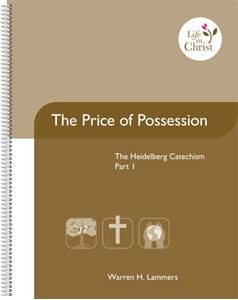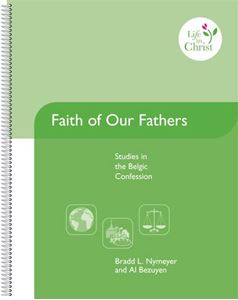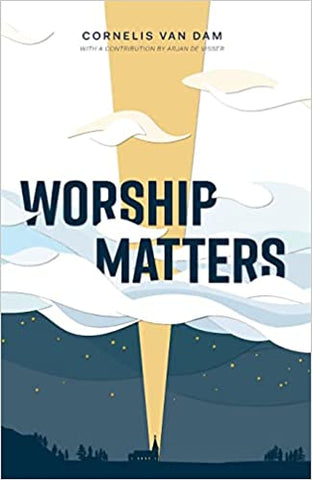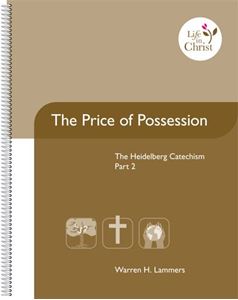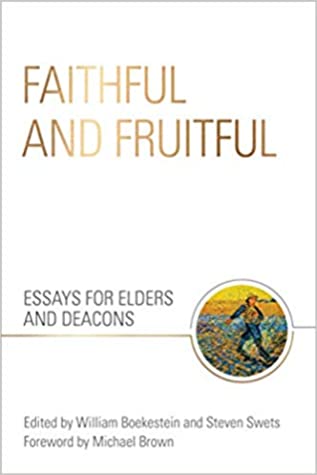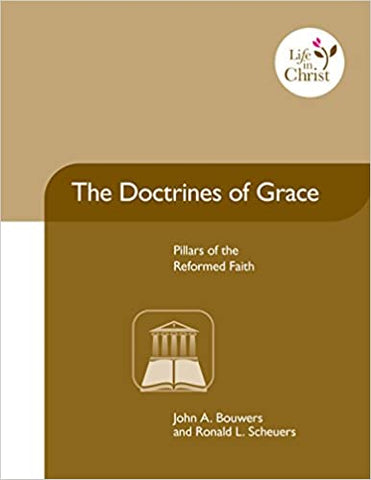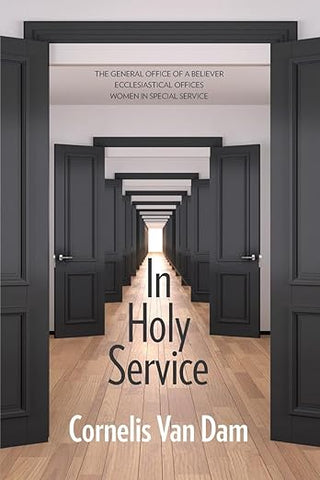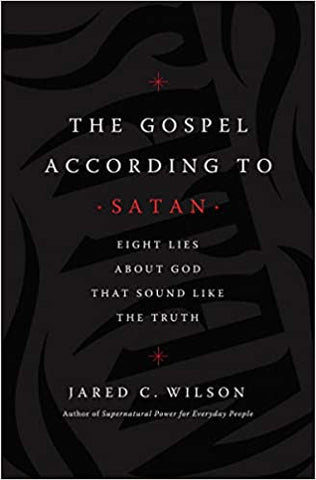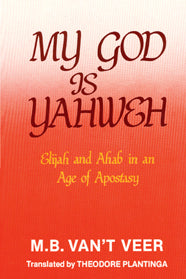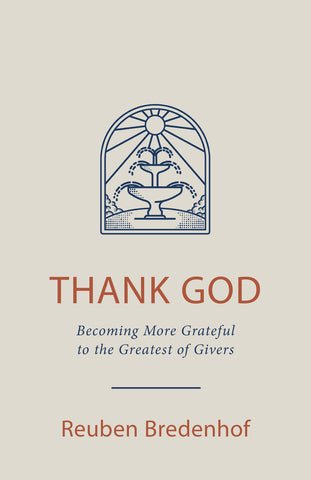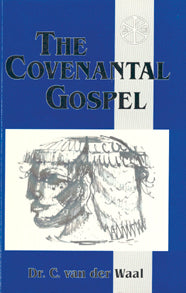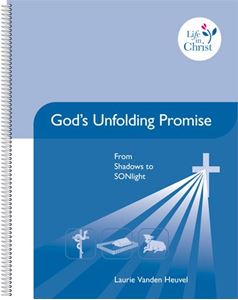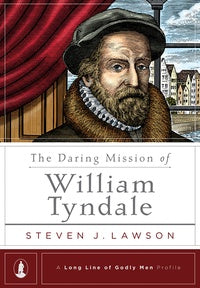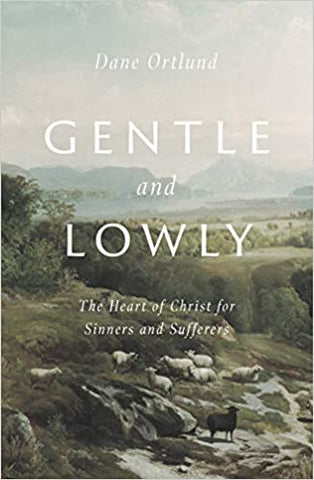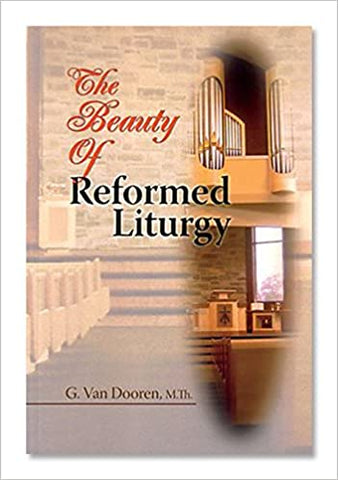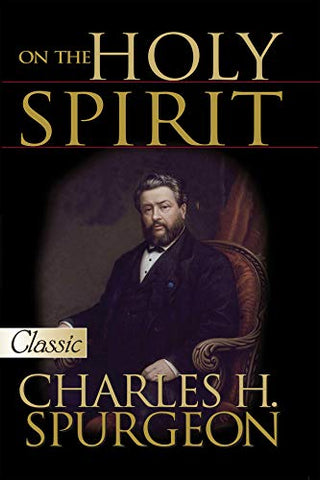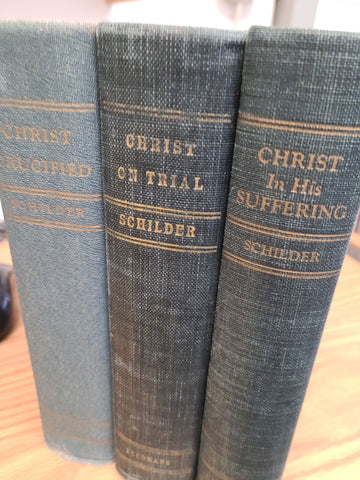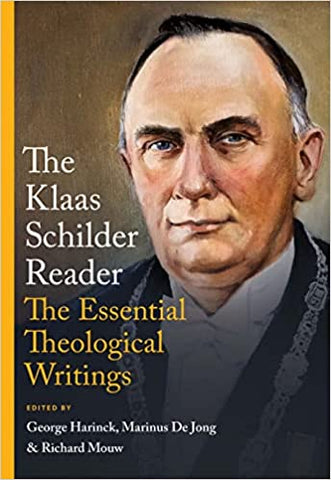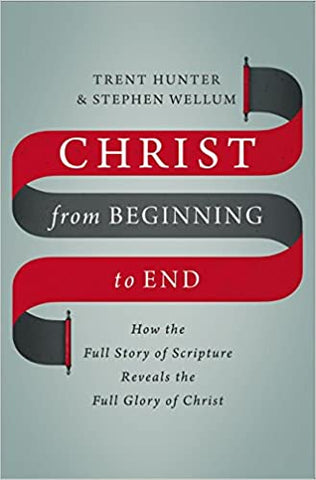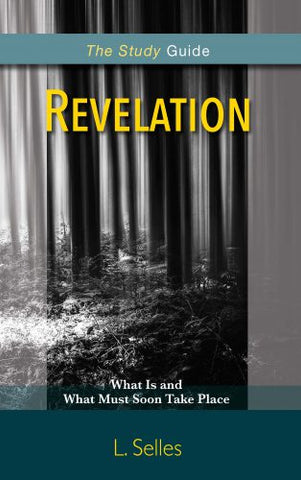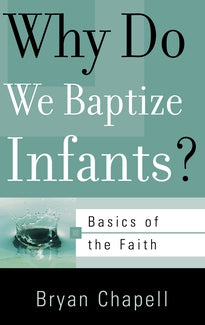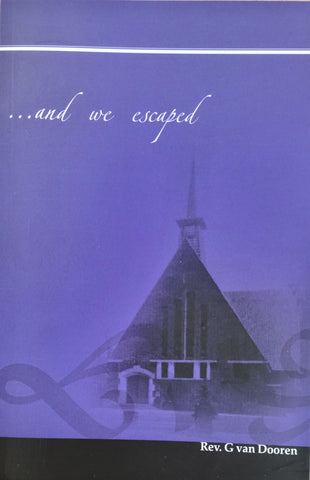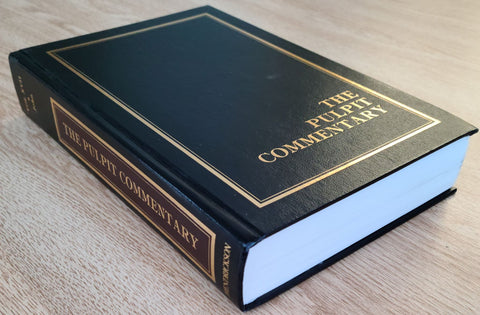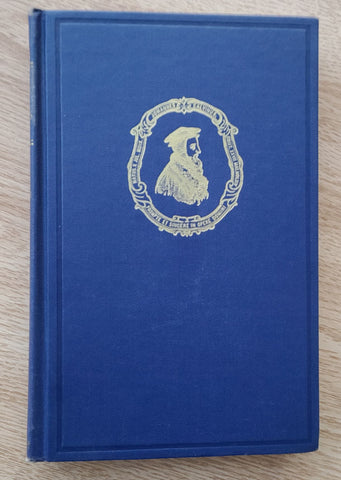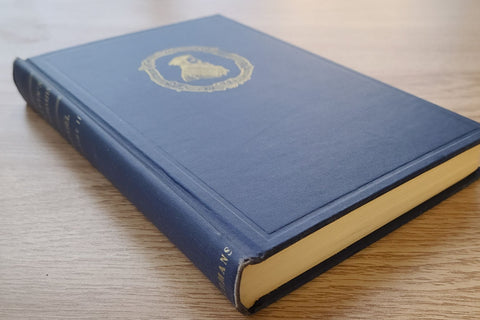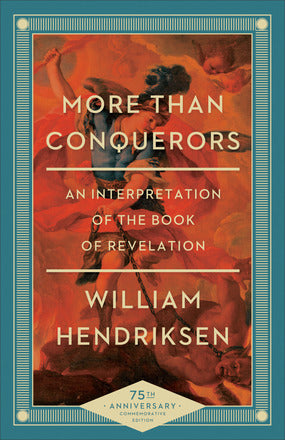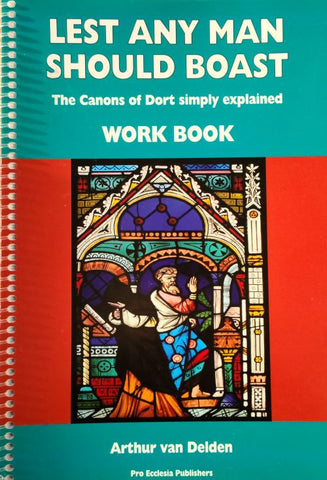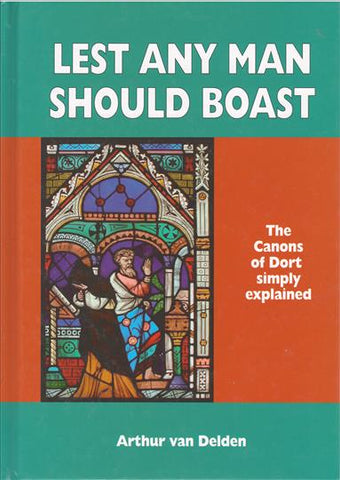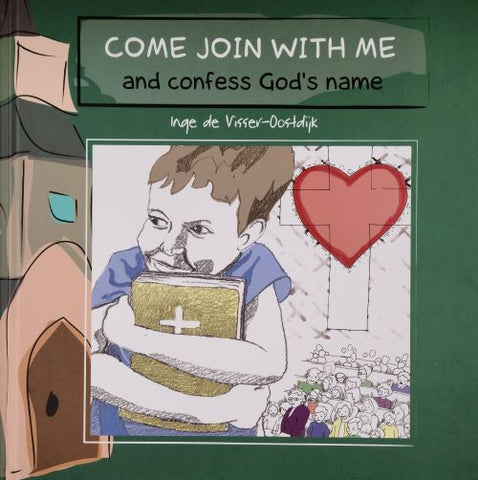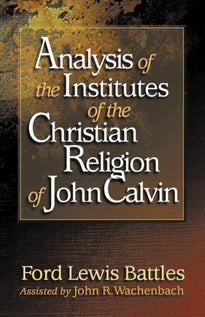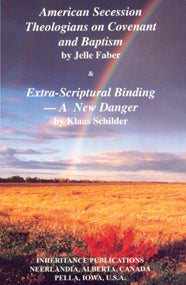Gilles Deleuze
Print Book
2 In Stock
Written by Christopher Watkin
Gilles Deleuze (1925–1995) gives us a sophisticated account of what happens to truth and ethics in a system that does not rely on God—and his thought makes visible how our society understands everything from knowledge and truth to sexuality and identity.
Christopher Watkin, a scholar of French literature and philosophy, presents Deleuze’s work in a way that is accessible to non-philosophers and brings his writing into sustained conversation with prominent biblical themes and with motifs from Reformed theology. As you engage with Deleuze’s thought, you will discover a model of cultural engagement that you can use to understand any contemporary or historical thinker or school.
Endorsements
“Watkin affords the Christian believer another fine entrée to participate in the philosophical life to which all humans are born: to understand both how Gilles Deleuze profoundly voiced our time, and also how very cool (adding to Peter Leithart’s designation of ‘weird’!) is the philosophizing that Christianity engenders. Christianity’s welcoming approach of the gospel breaks in and breaks open human thought and culture, as David Kettle describes it, winsomely rendering it more itself than it could otherwise be. And that’s true of Deleuze just as it was of Plato.” -Esther Lightcap Meek, Professor of Philosophy, Geneva College; Author, Loving to Know: Introducing Covenant Epistemology
“A dear friend of mine in France seriously questioned his faith by reading Gilles Deleuze. He did return to the gospel, but might have done so sooner had he been able to read Watkin’s excellent volume. The author carefully and masterfully introduces us to Deleuze. One of the philosopher’s great appeals is his creative alternatives to typical atheism. Some of it sounds Christian: his celebration of difference; his critique of the chain of being; his appeal to dynamic, rather than static, ways of living. But it all ends up a brilliant caricature, and Watkin helps us see where Deleuze misses the boat. To boot, his presentation of the Christian worldview is marvelous. Why should any of this matter? If you think you have not been influenced by French poststructuralism, you need to think again. It’s in the cultural air we breathe. Watkin helps us clear away the smog. As someone I sat next to during a rather technical speech told me: ‘I don’t understand a lot of this, but I’m glad the speaker is on our side!’ Watkin does understand it, and he is on our side.” —William Edgar, Professor of Apologetics, Westminster Theological Seminary
“Cutting through the often-impenetrable language of French poststructuralism, Chris Watkin has done us all a service. Few philosophers of the past fifty years have carried forward Nietzsche’s ‘inverted Platonism’ (i.e., nihilism) more compellingly than Deleuze. Besides letting Deleuze’s own views come through clearly, Watkin supplies an astute critique and hopeful alternative in Christian eschatology.” —Michael Horton, J. Gresham Machen Professor of Systematic Theology and Apologetics, Westminster Seminary California
“As with his previous books on Derrida and Foucault, Christopher Watkin once more demonstrates what an immense blessing he is to the Christian community as he holds our hands and guides us expertly through the complex world of Gilles Deleuze—a world that has shaped, and continues to shape in profound ways, our contemporary Western society. It is the model of Watkin’s engagement that is so important, and at times so discomforting. He will not let us get away with superficial and simplistic descriptions, analyses, and critiques. Rather, he demonstrates the Christian virtue of careful and sympathetic listening so necessary in the process of cultural apologetics and biblical refutation. Finally, as with his other works in this series, one finishes Watkin’s analysis with wonderment, praising God for the depth, the breadth, and the radical nature of the Christian worldview and the person and work of Jesus Christ.” —Dan Strange, Director, Oak Hill College, London
“The hurricane that was postmodernity may have blown itself out, yet many left to deal with the wreckage still want to know what happened. What, after the ‘death’ of God in the 1960s, was still holding up the edifice of traditional Western philosophy that required further dismantling? One of the best answers I’ve come across yet is in Christopher Watkin’s little gem of a book, on the most important twentieth-century French philosopher you’ve never heard of: Gilles Deleuze. This deep dive into the concept of difference explains why postmodern philosophy is less a footnote to Plato than a crushing of his heel. Getting a better grasp on Deleuze even yields insights into the forces shaping the outlooks and experience of those who belong to Gen X, Y, or Z. Not only that: Watkin’s book comes with a bonus, namely, a comparison and contrast of Deleuze’s way of thinking with that of the Bible. This is must reading for thinking Christians.” —Kevin J. Vanhoozer, Research Professor of Systematic Theology, Trinity Evangelical Divinity School
Paperback, 208 pages
Related Products
From this Collection
-
The Price of Possession 1$29.95
The Heidelberg Catechism, Part 1
Life...
The Heidelberg Catechism, Part 1
Life in Christ series
Written by Warren H. Lammers
A 25-lesson course on the first half of the Heidelberg Catechism (HC), creat...
-
Faith of Our Fathers$29.95
Studies in the Belgic Confession
Life...
Studies in the Belgic Confession
Life in Christ series
Written by Bradd Nymeyer, and Al Bezuyen
A 25-lesson course on the Belgic Confession of Faith, created fo...
-
Worship Matters$25.95
Written by Cornelis Van Dam
In his bo...
Written by Cornelis Van Dam
In his book 'Worship Matters', Dr. Cornelis Van Dam explores the foundations of worship including the whom, why, where, when and how of worship. He also touche...
-
The Price of Possession 2$29.95
The Heidelberg Catechism, Part 2
Writ...
The Heidelberg Catechism, Part 2
Written by Warren H. Lammers
A 25-lesson course on the second half of the Heidelberg Catechism (HC), created fo...
-
Stand Firm and Take Action$12.95
Challenge and Encouragement From the Book of...
Challenge and Encouragement From the Book of Daniel
Sermons written by (Rev.) Jim Witteveen
The book of Daniel, in our current context, has much to say about the recent Covid-19 pa...
-
Faithful and Fruitful$33.95
Essays for Elders and Deacons
Edited ...
Essays for Elders and Deacons
Edited by William Boekestein and Steven Swets, Foreword by Michael Brown
Healthy churches have healthy elders and deacons. When a local congrega...
-
The Doctrines of Grace$29.95
Pillars of the Reformed Faith
Life in...
Pillars of the Reformed Faith
Life in Christ series
Written by John A. Bouwers and Ronald. Scheuers
A course on the Five Solas, the Canons of Dort, and other key Refor...
-
In Holy Service$27.95
Written by Cornelis Van Dam
Wha...
Written by Cornelis Van Dam
What does it mean to be a Christian? In a time when many have an identity crisis, it is good for Christians to pose this question. Using the Bible, the W...
-
The Gospel According to Satan$21.95
Eight Lies About God That Sound Like the Tru...
Eight Lies About God That Sound Like the Truth
Written by Jared C. Wilson
Not every lie sounds untrue. Some lies are repeated so often they seem to be common sense. That's why lies...
-
My God is Yahweh$29.95
Elijah and Ahab in an Age of Apostacy
Elijah and Ahab in an Age of Apostacy
Written by M.B. Van’t Veer
The time of King Ahab and his wicked wife Jezebel was also that of the prophet Elijah.
A struggle between th...
The Glorious Work of Home Visits$9.95Written by Peter G. Feenstra,
Home vi...
Written by Peter G. Feenstra,
Home visitation by ministers, elders and deacons is a long-standing practice in Reformed churches. The author explores several questions regarding this work....
Growing in the Gospel - Combined Volume$49.95Sound Doctrine for Daily Living...
Sound Doctrine for Daily Living
Written by Jason Van Vliet
Do you want to delve into the riches of the gospel more deeply… and live out of them more consistently? In t...
Thank God$19.95Becoming More Grateful to the Greatest of Gi...
Becoming More Grateful to the Greatest of Givers
Written by Reuben Bredenhof
What do you have that you did not receive? With this searching question, Reuben Bredenho...
God's Glorious Godness$26.95Revisiting the Canons of Dort
Written...
Revisiting the Canons of Dort
Written by Clarence Bouwman
Is the Lord God enough God for people to entrust our todays and our tomorrows to him? Or: are we...
The Covenantal Gospel$19.95Written by Dr. C. Van der Waal
What s...
Written by Dr. C. Van der Waal
What significance does the Old Testament have for the church of the new covenant? What is the difference between the old and new covenant? What is the relat...
Christ's Living Church$29.95A Journey from Then to Now
Life in Ch...
A Journey from Then to Now
Life in Christ series
Written by Ronald L. Scheuers
A 25-lesson course on the Church and the Reformed Christian faith in history, created for Midd...
God's Unfolding Promise$29.95From Shadows to SONlight
Life in Chri...
From Shadows to SONlight
Life in Christ series
Written by Laurie Vanden Heuvel
A 25-lesson course that traces God’s covenant history of redemption from Genesis ...
The Daring Mission of William Tyndale$23.95Written by Steven J.
Written by Steven J. Lawson
The True Cost of the English Bible: Early in the sixteenth century, legislative decree in England controlled people’s access...
The View From Above$26.95An Exposition of...
An Exposition of God's Revelation to John
Written by Jan DeGelder
In The View from Above, Jan DeGelder ably unfolds t...
Gentle and Lowly$27.95The Heart of Christ for Sinners and Sufferer...
The Heart of Christ for Sinners and Sufferers
Written by Dave Ortlund
How does Jesus feel about his people amid all their sins and failures? This book takes readers into the ...
Meeting Jesus at the Feast$24.95Israel's Festivals and the Gospel
Wri...
Israel's Festivals and the Gospel
Written by John R. Sittema
The Bible tells the unique story of the history of God's redemption, focusing on the central character - Jesus.
...
The Beauty of Reformed Liturgy$9.95Written by G. Van Dooren
What, then, ...
Written by G. Van Dooren
What, then, is the specific essence, character, and form of Reformed liturgy? It is Covenantal.
Rev. Van Dooren ends the introduction of his book with the ...
Growing in the Gospel - Volume One$17.95Sound Doctrine for Daily Living...
Sound Doctrine for Daily Living
Written by Jason Van Vliet
Do you want to delve into the riches of the gospel more deeply… and live out of them more consistently? In t...
Get To Know The Holy Spirit$19.95Written by Wes Bredenhof
Christians ...
Written by Wes Bredenhof
Christians often ignore, misunderstand, or underappreciate the Holy Spirit and what he does. Since he is God, this ought not to be. In this book, Wes Bredenhof...
Spurgeon on the Holy Spirit$26.95A Classic, written by Charles H. Spurgeon
A Classic, written by Charles H. Spurgeon
Known as The Prince of Preachers, Charles Haddon Spurgeon preached many sermons on the Holy Spirit from 1853 to 1891. This Pure Gold Classi...
Schilder's Trilogy set$59.95Written by Klaas Schilder, Translated by Hen...
Written by Klaas Schilder, Translated by Henry Zylstra
Christ in His Suffering, Christ on Trial and Christ Crucified, 3 volumes. His trilogy '
The Klaas Schilder Reader$68.95The Essential Theological Writings
Wr...
The Essential Theological Writings
Written by Klaas Schilder (Author), George Harinck, Marinus de Jong & Richard Mouw (Editors)
Recovering a forgo...
Towards the Maturity of Faith$16.95The Letter of James
Writ...
The Letter of James
Written by Clarence Stam
In this book, the author discusses the letter of James, the brother of the Lord Jesus C...
Missional Motherhood$27.95The Everyday Ministry of Motherhood in the G...
The Everyday Ministry of Motherhood in the Grand Plan of God
Written by Gloria Furman
There's no such thing as “just” a mom.
Despite the routine tasks and mundane to-do list...
Christ from Beginning to End$28.95How the Full Story of Scripture Reveals the ...
How the Full Story of Scripture Reveals the Full Glory of Christ
Written by Trent Hunter and Stephen Wellum
From beginning to end, the Bible reveals the glory of Jesus. But for man...
Revelation, What Is and What Must Soon Take place$19.95Written by L. Selles
Forty outl...
Written by L. Selles
Forty outlines covering all of Revelation. This verse by verse commentary offers an in depth study of the book of Revelation showing that God rules history and ...
Why Do We Baptize Infants$6.95Written by
Written by Bryan Chapell
Biblical and pastoral, simple and accessible, this booklet explains in a nontechnic...
A Theatre in Dachau$14.95Written by Hermannus Knoop
This book ...
Written by Hermannus Knoop
This book presents the thoughts of a Reformed Christian minister who lived through the horrid experiences of a German concentration camp during World War II. He...
You Lift Me Up$23.95Overcoming Ministry Challenges<...
Overcoming Ministry Challenges
Written by Albert N. Martin
It happens little by little. . . Even in the context of a very faithful ministry, a pastor may be at risk of...
2 Samuel, Out of Every Adversity$24.95Focus on the Bible - series
Written b...
Focus on the Bible - series
Written by Dale Ralph Davis
Davis brings cultural and historical colour to the task of interpreting one of the most studied parts of the Bible. Th...
Calvin's Commentary, Galatians, Ephesians, Philippians and Colossians$19.95Written by John Calvin
A toweri...
Written by John Calvin
A towering figure in the Reformation and prolific scholar and theologian, the author not only wrote his famous Institutes of the Christian Religion, but also ...
... And We Escaped$17.95Written by Rev. C. Van Dooren
In the ...
Written by Rev. C. Van Dooren
In the seemingly minor altercations of a rural Dutch congregation, important issues were at stake: the Kingship of the Lord Jesus Christ over His congregatio...
Irresistible Faith$25.95Becoming the Kind of Christian the World Can...
Becoming the Kind of Christian the World Can't Resist
Written by Scott Sauls
What if Christians became the
The Pulpit Commentary, 23 volumes, includes rare index volume$249.95Edited by H.D.M. Spence and Joseph S. Exell<...
Edited by H.D.M. Spence and Joseph S. Exell
One of the largest homiletical commentary sets of its kind, this work gives a verse-by-verse exposition, a translation, and historical an...
Calvin's Commentary set of 42 volumes$199.95Written by John Calvin
A toweri...
Written by John Calvin
A towering figure in the Reformation and prolific scholar and theologian, the author not only wrote his famous Institutes of the Christian Religion, but also ...
Deuteronomy: A 12-Week Study$13.95Written by
Written by Matthew R. Newkirk, General Editor J. I. Packer
The Knowing the Bible series is a resource designed to ...
More Than Conquerors$23.95An Interpretation of the Book of Revelation<...
An Interpretation of the Book of Revelation
Written by William Hendriksen
"What a wealth of comfort; what an insight into the future; above all, what an u...
Lest Any Man Should Boast - Work Book$20.95The Canons of Dort simply explained
W...
The Canons of Dort simply explained
Written by Arthur van Delden
"Some things remain unchanged despite the passage of time or change of place. To mind comes the inclination of man ...
Lest Any Man Should Boast$44.95The Canons of Dort simply explained
W...
The Canons of Dort simply explained
Written by Arthur van Delden
The author has written this book for the instruction of the senior youth of the church. This magnificent 350 ...
Come Join With Me in Prayer$29.95Written by Inge de Visser-Oostdijk
Co...
Written by Inge de Visser-Oostdijk
Come Join With Me in Prayer... The best way to learn to pray is to start with the prayer the Lord Jesus taught us. Maybe you're not quite sure of ...
Come Join With Me and Confess God's Name$29.95Written by Inge de Visser-Oostdijk
Written by Inge de Visser-Oostdijk
You know who the Lord Jesus is, don't you? You've probably heard a lot about Him. About how He came to earth to save people.
A...
The Song of Songs$22.95The Greatest Love Song
W...
The Greatest Love Song
Written by Matthew Van Luik
The Song of Songs powerfully evokes the passions of the heart as it explores the intimate bond of love between...
Analysis of The Institutes of the Christian Religion of John Calvin$38.95Written by Ford Lewis Battles assisted by Jo...
Written by Ford Lewis Battles assisted by John R. Walchenbach
Calvin's Institutes’ is one of the most important theological works of the last millennium, but even seminarians and pastors ...
American Secession Theologians on Covenant and Baptism$15.95and Extra-Scriptural Binding A New Danger
and Extra-Scriptural Binding A New Danger
Written by Jelle Faber, and Klaas Schilder
In a time of much confusion about Church and Covenant, this book sheds a clear Biblical light o...
Recently Viewed Products



